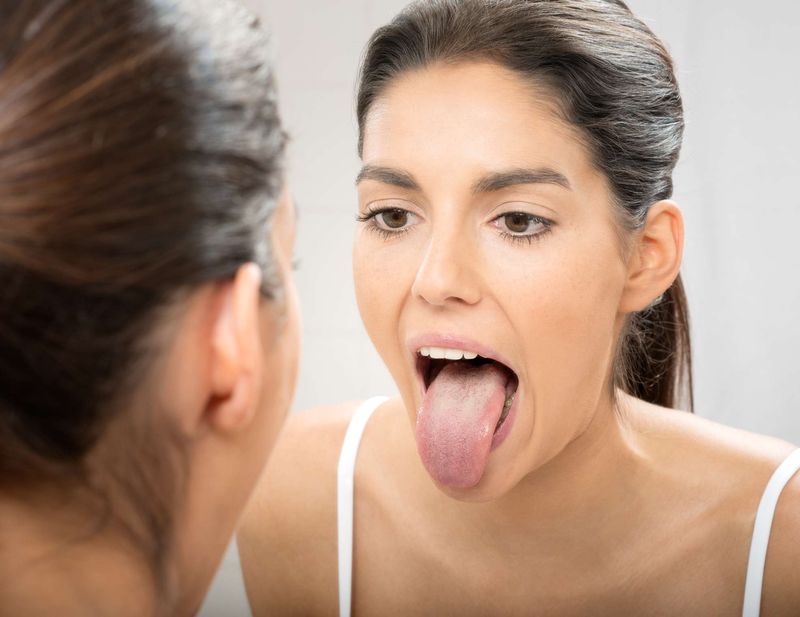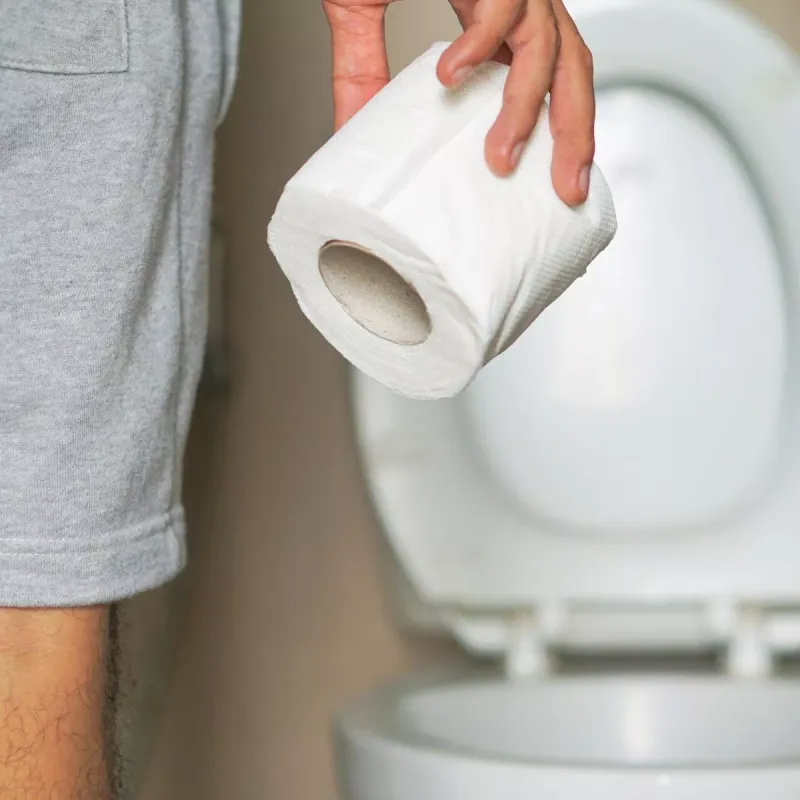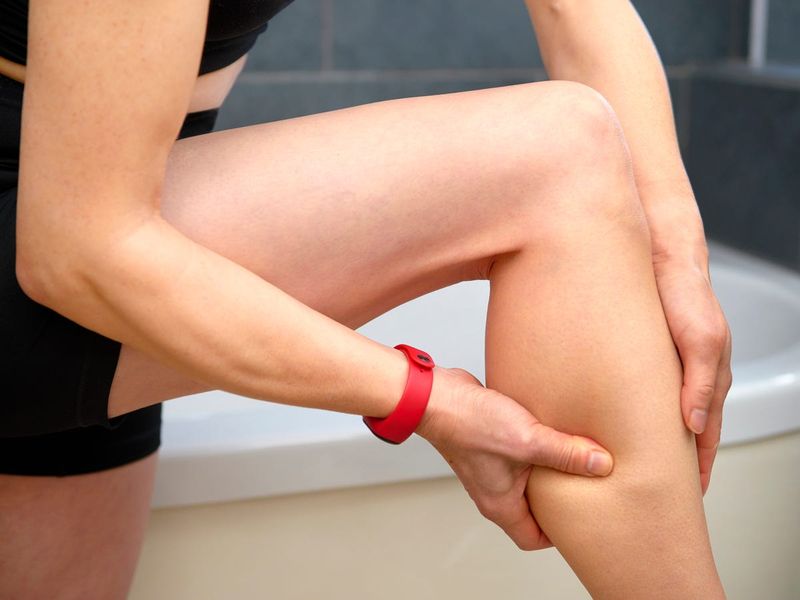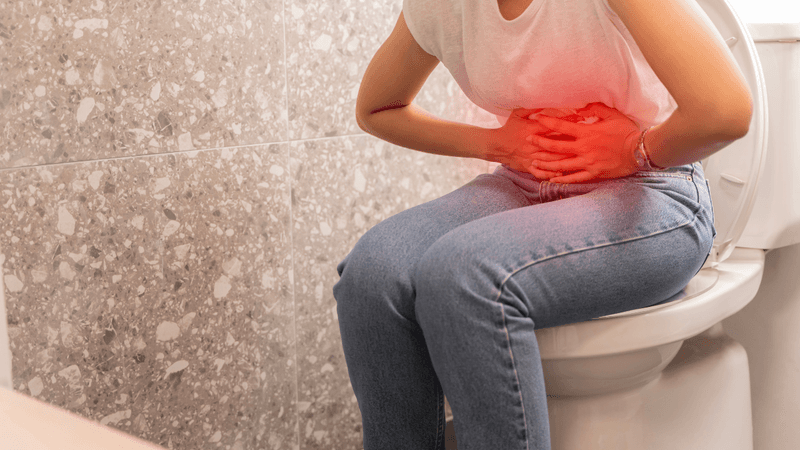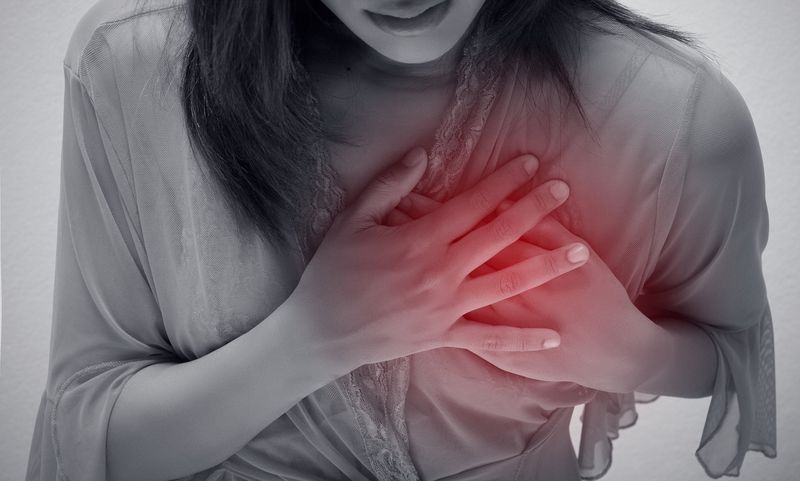📖 Table of Content:
- 1. Dry Mouth and Throat
- 2. Headaches
- 3. Fatigue and Lethargy
- 4. Dark Yellow Urine
- 5. Dry Skin
- 6. Cravings for Sweets
- 7. Dizziness or Lightheadedness
- 8. Muscle Cramps
- 9. Dry Eyes
- 10. Infrequent Urination
- 11. Bad Breath
- 12. Rapid Heartbeat
- 13. Joint Pain
- 14. Confusion or Disorientation
- 15. Constipation
- 16. Weight Gain
Staying hydrated is crucial for maintaining overall health and well-being. Water is essential for every cell, tissue, and organ in your body to work properly. However, many people don’t realize they’re not drinking enough water until it’s too late. Here are 16 warning signs that you need to increase your water intake to keep your body functioning optimally.
1. Dry Mouth and Throat
Feeling a persistent dry mouth and throat can be annoying and is one of the first signs of dehydration. When your body lacks adequate hydration, it reduces saliva production, leading to dryness. Drinking water can provide immediate relief and restore moisture.
Not only does water consumption help in producing saliva, but it also assists in keeping your mouth and throat tissues healthy. If you find yourself constantly reaching for water, it might be time to monitor your daily intake and ensure you’re drinking enough.
2. Headaches
Headaches are often linked to dehydration because your body requires enough fluid to function efficiently. When dehydrated, the brain can temporarily contract from fluid loss, leading to discomfort.
This can trigger a headache that may worsen if not promptly addressed. Drinking water can help rehydrate your body and alleviate this pain. Make it a habit to sip water throughout the day to prevent dehydration-related headaches.
3. Fatigue and Lethargy
Fatigue and lethargy can be misleading symptoms of dehydration. When you’re short on water, your body conserves energy by slowing down functions, making you feel tired.
To combat this, ensure you’re drinking enough water daily. Staying hydrated can boost your energy levels, keep you alert, and improve overall mood. Next time you feel unusually tired, try drinking a glass of water before reaching for caffeine.
4. Dark Yellow Urine
Dark yellow urine is a classic indicator that you’re not consuming enough fluids. Your urine should be a light, straw color; anything darker suggests dehydration.
By increasing your water intake, you can help dilute your urine, making it lighter in color and indicating better hydration. Monitoring urine color is a simple yet effective way to gauge your hydration status.
5. Dry Skin
Dry skin can be a surprising symptom of dehydration, indicating that your skin lacks moisture. Proper hydration helps maintain skin elasticity and smoothness.
Regular water intake provides the necessary hydration your skin needs to stay supple and healthy. If moisturizing lotions aren’t enough, it might be time to increase your water consumption for glowing skin.
6. Cravings for Sweets
Cravings for sweets can sometimes be a subtle sign of dehydration. When your body lacks water, it struggles to release glycogen, making you crave sugar.
Before reaching for sugary snacks, try drinking water to see if your craving subsides. Drinking water can help balance your body’s need for glycogen and curb unnecessary sugar consumption.
7. Dizziness or Lightheadedness
Feeling dizzy or lightheaded can occur when you’re dehydrated. This happens because dehydration affects blood pressure and circulation.
Ensuring adequate water intake can help stabilize these bodily functions, reducing dizziness and improving balance. If dizziness persists, it might be a signal that you need to hydrate more frequently.
8. Muscle Cramps
Muscle cramps are often associated with dehydration since muscles need water to function properly. Lack of water can lead to electrolyte imbalances, causing painful cramps.
Drinking enough water ensures your muscles have the necessary hydration for optimal performance. If you’re frequently experiencing cramps, consider increasing your water intake and including electrolyte-rich fluids.
9. Dry Eyes
Dry eyes can be an uncomfortable symptom of dehydration. When your body is low on water, it conserves moisture, affecting tear production.
Increasing your water intake can help maintain eye moisture and improve comfort. Incorporating more water into your daily routine can prevent this dryness and promote healthier eyes.
10. Infrequent Urination
Infrequent urination is a strong indicator of dehydration. Your body reduces urine output to conserve fluids when it’s not receiving enough water.
Making a conscious effort to drink more water can increase urination frequency, which is healthy for flushing toxins from your body. Keep track of how often you use the restroom to monitor your hydration levels.
11. Bad Breath
Bad breath can result from dehydration because of reduced saliva production. Saliva helps cleanse your mouth and remove particles that cause odor.
By drinking plenty of water, you can increase saliva flow and improve oral hygiene, reducing bad breath. If you notice persistent bad breath, assess whether you’re drinking enough water daily.
12. Rapid Heartbeat
A rapid heartbeat can be a concerning symptom of dehydration. Lack of water affects blood volume, making your heart work harder to pump it through the body.
Hydrating adequately can help maintain a regular heartbeat and support cardiovascular health. If you experience a fast heartbeat, it might be time to reassess and increase your water intake.
13. Joint Pain
Joint pain can be exacerbated by dehydration. Your joints require water for lubrication and smooth movement.
Without sufficient hydration, joint pain can worsen, diminishing mobility and comfort. Drinking enough water ensures your joints have the lubrication they need to function without pain. If joint discomfort is frequent, try increasing your daily water consumption.
14. Confusion or Disorientation
Confusion or disorientation is a sign that you’re severely dehydrated. Your brain relies on water for optimal function, and lack of it can impair cognition.
To maintain mental clarity and cognitive health, it’s crucial to drink adequate water. If you or someone you know experiences these symptoms, increase water intake immediately.
15. Constipation
Constipation can occur when dehydration affects your digestive system. Water is essential for smooth bowel movements, helping to soften stool.
Increasing your water intake can improve digestion and alleviate constipation. If you struggle with regular bowel movement, ensure you’re drinking enough water daily to support digestive health.
16. Weight Gain
Unexplained weight gain can be a sign of dehydration. When you’re low on water, your body may retain fluids to compensate, causing weight fluctuations.
Drinking enough water helps regulate body weight by flushing out excess water and toxins. If you’re noticing unexpected weight changes, consider adjusting your water intake to maintain a healthy balance.

